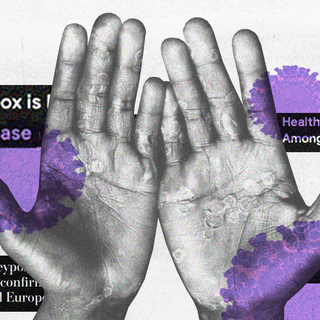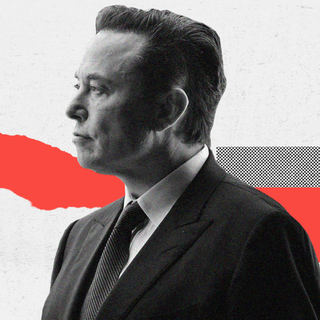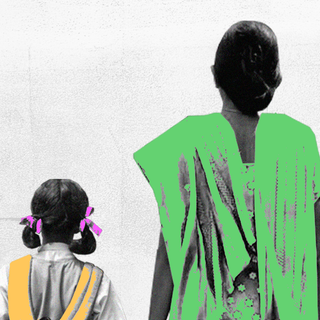A report released on Monday highlighted in star numbers a fact well established already: that wealth traveled up into the hands of a few at the expense of millions during the pandemic. Specifically, the report found that for every new billionaire created during the pandemic, one million people fell into extreme poverty. There is thus a direct and damning relationship between billionaires’ wealth and poverty: the more wealth one is allowed to amass, the less of it is left for people’s survival.
The Oxfam report further highlighted the pace at which wealth accumulation picked up during the pandemic: a new billionaire was created every 30 hours. In nearly the same time frame, 33 hours, a million people were pushed into dire straits, struggling for survival. The report’s release coincided with the World Economic Forum at Davos, Switzerland, and is titled ‘Profiting from Pain‘ to directly implicate the role of billionaires in proliferating misery and suffering among large swathes of the world’s population.
“The pandemic and now the steep increases in food and energy prices have, simply put, been a bonanza for them. Meanwhile, decades of progress on extreme poverty are now in reverse and millions of people are facing impossible rises in the cost of simply staying alive,” the report glibly states.
The world currently has 2,668 billionaires; with the ten richest men alone holding more wealth than the bottom 40% of the entire human population. Last month, Gautam Adani joined the ranks of these men and became the sixth richest person in the world as his wealth soared over the $100 billion mark. The Indian media reported the development as an achievement for India as a whole, neglecting the fact that the pandemic also saw millions of Indians pushed into poverty.
Related on The Swaddle:
India ‘Very Unequal’ Country Where Bottom 50% Own ‘Almost Nothing’: Report
“This is inequality that kills, contributing to the death of at least one person every four seconds,” the report states. It draws a connection between rising prices across the board that are, on the one hand, driving up profits of corporations and on the other, making survival more and more expensive. It is a damning indictment of systems of power and shrinking public welfare that have allowed healthcare, education, and basic survival necessities to become commodities to purchase — pushing up costs of living and lining the pockets of a few individuals.
The state of affairs is not new: scholars have identified how disasters make for fertile ground to experiment with economic policies and harvest profits. Scholar Naomi Klein called it the “shock doctrine” — wherein an unprecedented shock freezes populations into pliant subjects upon which governments and corporations can experiment with least resistance. The phenomenon, moreover, where large industries jump into the heart of a crisis to profit from it has been called “disaster capitalism” — and the pandemic saw it in action in many parts of the world, including India. A wave of privatization took hold, with cuts to public welfare at a time when it was needed more urgently than ever.
“Political and economic elites understand that moments of crisis is their chance to push through their wish list of unpopular policies that further polarize wealth in this country and around the world,” Klein had toldVice earlier, about the pandemic making the perfect recipe for disaster capitalism.
The pandemic was the perfect storm of complete unpreparedness that led to industries exploiting healthcare vulnerabilities. In India, the Serum Institute was roundly criticized for raising vaccine prices amid the height of the second wave. Bharat Biotech, another homegrown vaccine maker, is expected to make large profits amid the pandemic demand.
As many Indians grappled with crippling losses of income due to economic slowdowns and the biggest lockdown in the world, Indian billionaires have multiplied their profits almost simultaneously. A Pew Research analysis found that India’s middle class shrank by 23 million, and the number of people with incomes of $2 or less per day increased by 75 million. Another study further found that many households coped with the reduction of income by cutting down on food. What governments should have provided to ensure basic survival, in other words, they did not.
“Governments must act now to rein in extreme wealth. They must agree now to increase the taxation of wealth and corporate windfall profits, and to use this money to protect ordinary people across
the world and reduce inequality and suffering,” the present report states.




